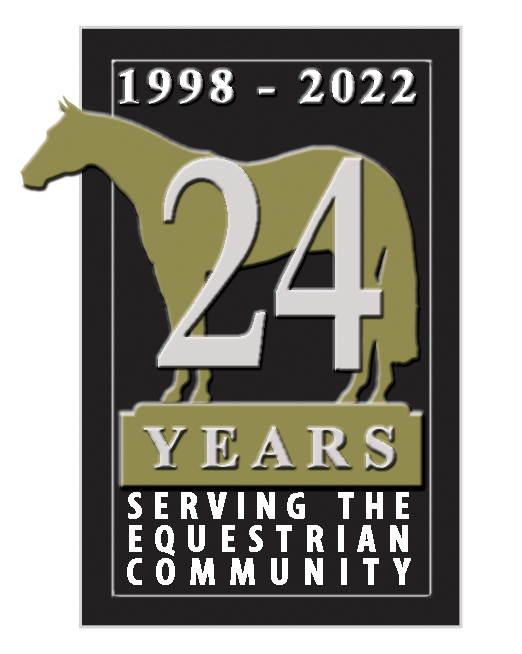
Pollinators Rule!
May 16, 2022Let’s Talk Livestock with Scarlett James, Rudder FFA & Runtin’ and Gruntin’ 4-H

Pollinators Rule! Bees, butterflies, hummingbirds, and moths have an amazing thing in common. They all work hard to pollinate over 30 percent of the world’s food supply. Without these hard workers, the food on our shelves in the grocery stores would be much less.
How does pollination work?
Well, in simple terms pollen from one flower is picked up by one of the many pollinators, commonly bees, and carried to another flower where the pollen sticks to the stigma. This is an essential part of plant reproduction and is needed for fruits and vegetables to grow.
Although these pollinators are very important, they are also in lots of danger. Toxic herbicides are the biggest killer of bees. Some of these toxic products include Glyphosate (Roundup), Dicamba, and even household vinegar. These toxic herbicides get into the digestive system of bees and other pollinators and make them susceptible to infection.
Pollinators Rule
Here are three simple things we can all do to help stabilize the bee and pollinator populations. First, plant beneficial and safe shrubs, trees, and flowers such as milkweed and butterfly bush. Next, use safe products such as non-toxic weed killer and pesticides in your gardens. The last step is simple. If you see bees, let them bee! They are just trying to do their jobs to help us grow our food. 🎠
Although these pollinators are very important, they are also in lots of danger. Toxic herbicides are the biggest killer of bees. Some of these toxic products include Glyphosate (Roundup), Dicamba, and even household vinegar. These toxic herbicides get into the digestive system of bees and other pollinators and make them susceptible to infection. Here are three simple things we can all do to help stabilize the bee and pollinator populations. First, plant beneficial and safe shrubs, trees, and flowers such as milkweed and butterfly bush. Next, use safe products such as non-toxic weed killer and pesticides in your gardens.



